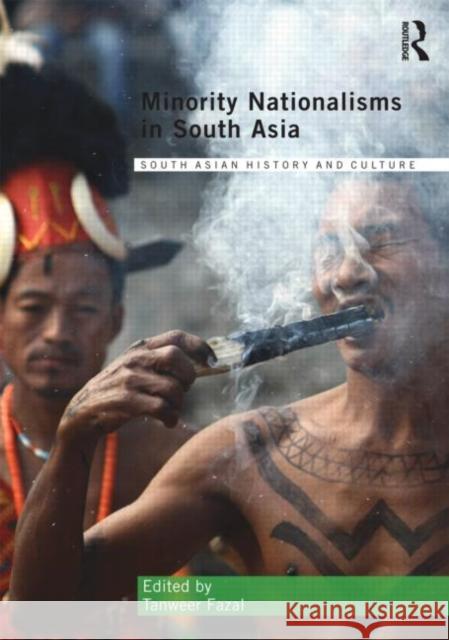Minority Nationalisms in South Asia » książka
Minority Nationalisms in South Asia
ISBN-13: 9780415556316 / Angielski / Twarda / 2012 / 160 str.
Minority Nationalisms in South Asia
ISBN-13: 9780415556316 / Angielski / Twarda / 2012 / 160 str.
(netto: 676,35 VAT: 5%)
Najniższa cena z 30 dni: 654,86
ok. 16-18 dni roboczych.
Darmowa dostawa!
Examines the perspective of minority identities as they negotiate their terms of co-existence, accommodation and adaptation with several other competing identities within the framework of 'nation-state'.
Nationalism, defined as the finality of one’s loyalties, remains an extremely contested terrain in South Asia. Of the seven states that comprise South Asia, at least five have adopted the faith of the majority as state religion. Nonetheless, they have desisted from becoming theocracies. South Asia is also the theatre of myriad experimentations with the concept: religious, linguistic, religio-linguistic, composite, plural or exclusive—the region stands witness to all. This book examines the perspective of minority identities as they negotiate their terms of co-existence, accommodation and adaptation with several other competing identities within the framework of ‘nation-state’. The collection takes up specific cases from distinct South Asian states that project coalescences as much as tensions that mark these tenuous relationships. Constitutional provisions and policy initiatives intended to formalise these ties are subjected to close scrutiny and evaluation in some of these contributions.
The book will be useful for students of comparative politics and political sociology, conflict studies, South Asian studies and for all those interested in analysing cultural articulations and political mobilisations of minority groups.
This book was published as a special issue of South Asian History and Culture.











